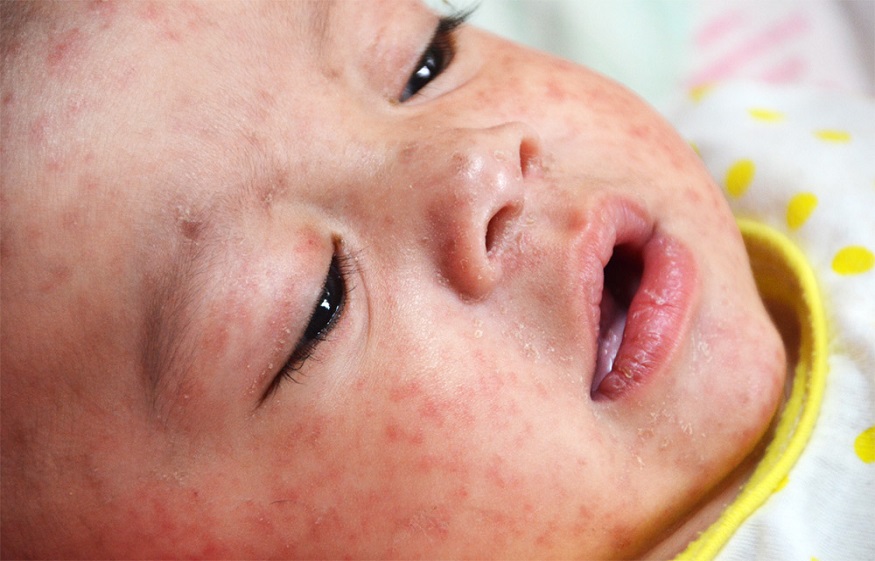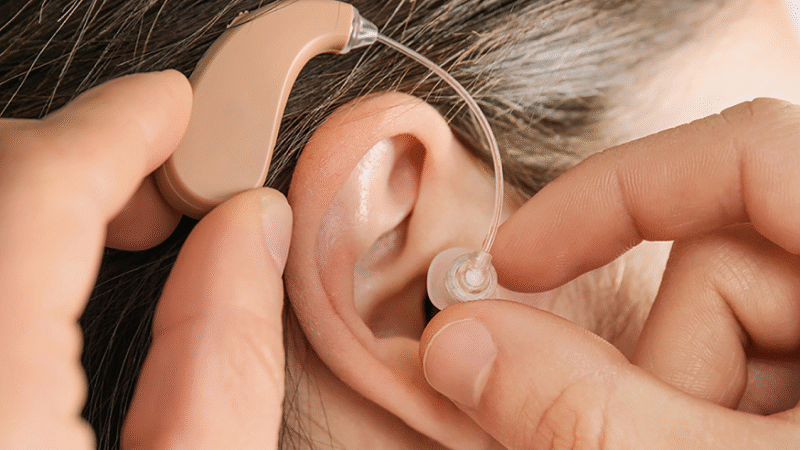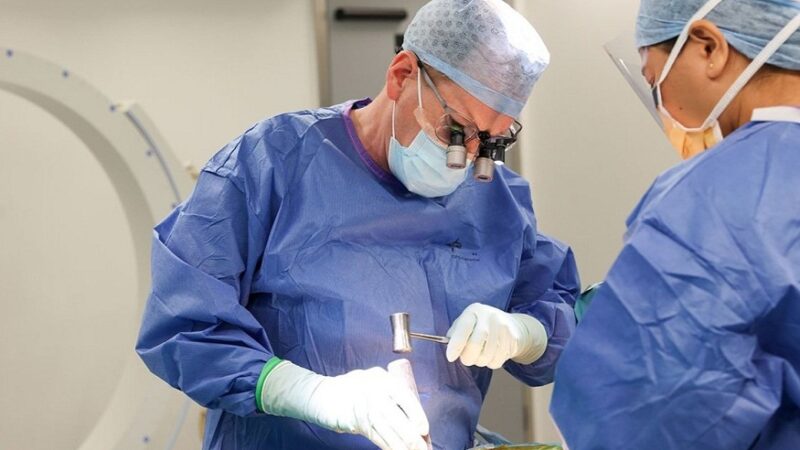Measles in Children: Symptoms and Treatment

The World Health Organization had estimated that by 2015 we would be free of measles, a disease that can cause severe complications such as encephalitis in children. However, due to the rise of the anti-vaccine movement, many parents have not protected their children against this virus, and in recent years there has been an increase in infection cases.
Measles is a highly contagious disease that quickly affects children. 90% of people who come into contact with measles have a high probability of getting it unless they are vaccinated. This is because a simple sneeze or cough can transmit the disease, and it is caused by a virus from the paramyxovirus family, which grows in the cells that protect the lungs and pharynx. Also, the virus can remain active in the air or on surfaces for two hours.
What are the symptoms of measles?
Symptoms of measles usually appear 10 to 14 days after being exposed to the virus. The main sign of this disease is a skin rash, which in some cases may appear on the fifth day of the incubation period. The rash usually starts on the head and then spreads to other parts of the body.
In some cases, this rash causes itching, but the good news is that it begins to subside after the fifth day. Typically red papules appear, but on other occasions, discolored macules may be seen.
Besides the rash, other symptoms of measles in children are:
- Cough
- Fever
- Throat pain
- Eye irritation
- Muscle pain
- Sensitivity to light
- White patches in the mouth
In babies, measles’ first symptoms can be mistaken for a cold as it causes a runny nose, loss of appetite, watery eyes, and general malaise that causes irritability.
What complications can measles cause?
In most cases, measles remits without significant complications. However, it can be fatal in children under five years of age, especially if the little ones do not maintain a balanced and nutritious diet. In fact, in many developing countries, measles is one of the leading causes of infant mortality.
The problem is that this disease can lead to encephalitis and blindness. Also, it causes severe diarrhea, pneumonia, and respiratory and ear infections. In pregnant women, measles can cause premature delivery or even abortion.
Treatment of Measles
There is no antiviral treatment to combat this disease. It is recommended to guarantee the little one a diet rich in nutrients and that he drinks plenty of fluids to avoid dehydration. The doctor may prescribe a supplement of vitamin A since its levels tend to fall during the disease to prevent possible complications.
In some cases, it will be necessary to resort to medications such as paracetamol to alleviate the different symptoms. Antibiotics are not required unless the doctor thinks there is a possibility of a bacterial infection. However, it is recommended that the child rest and vaporize. Nebulizers to clear the nose, eye drops to relieve irritation in the eyes, and antihistamines to reduce itching are also helpful.
How to prevent measles?
The most effective way to prevent measles is to vaccinate children. This vaccine has proven its efficacy and safety over 50 years: it is estimated that it has prevented the death of 17.1 million people in the last decade alone.






